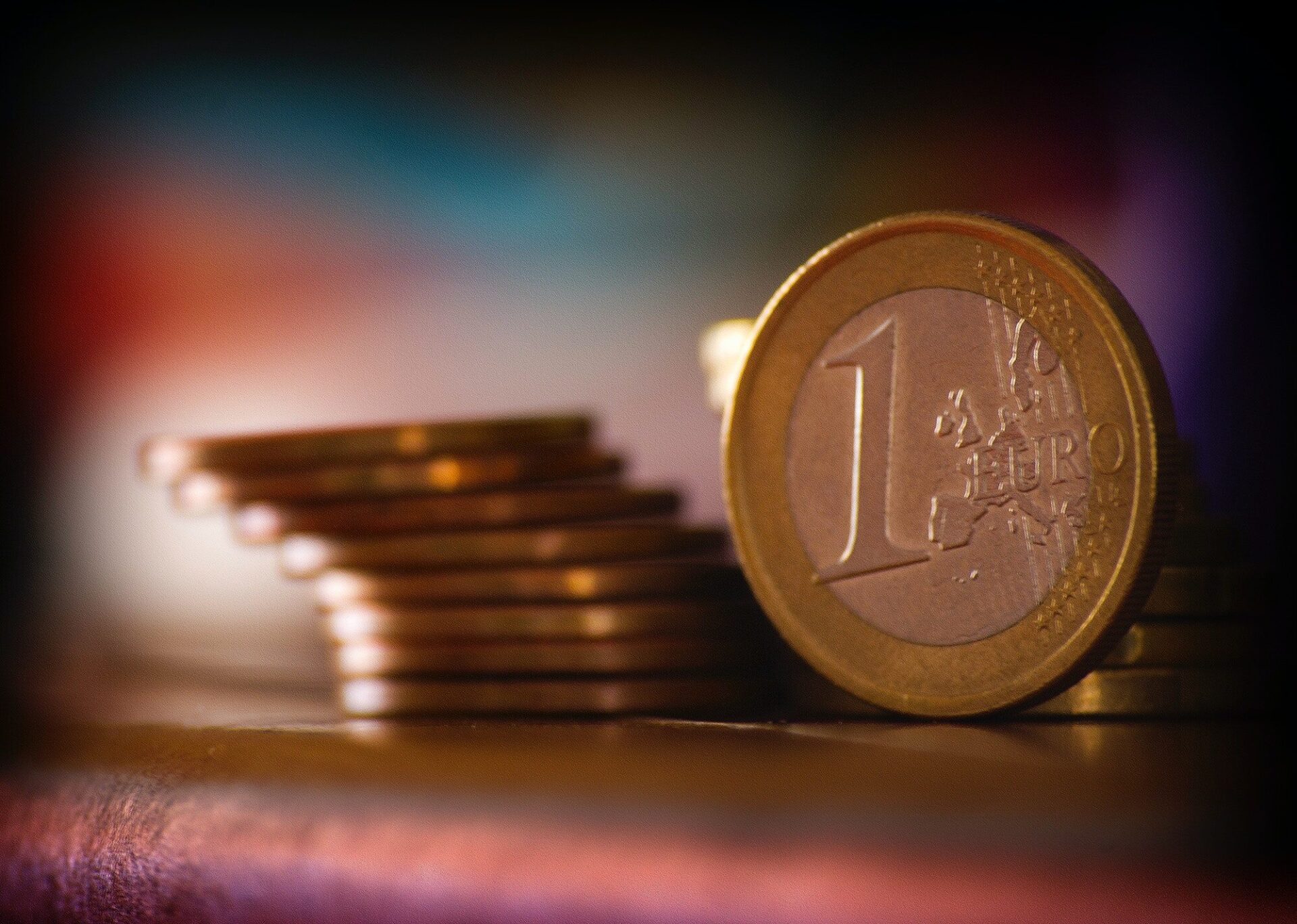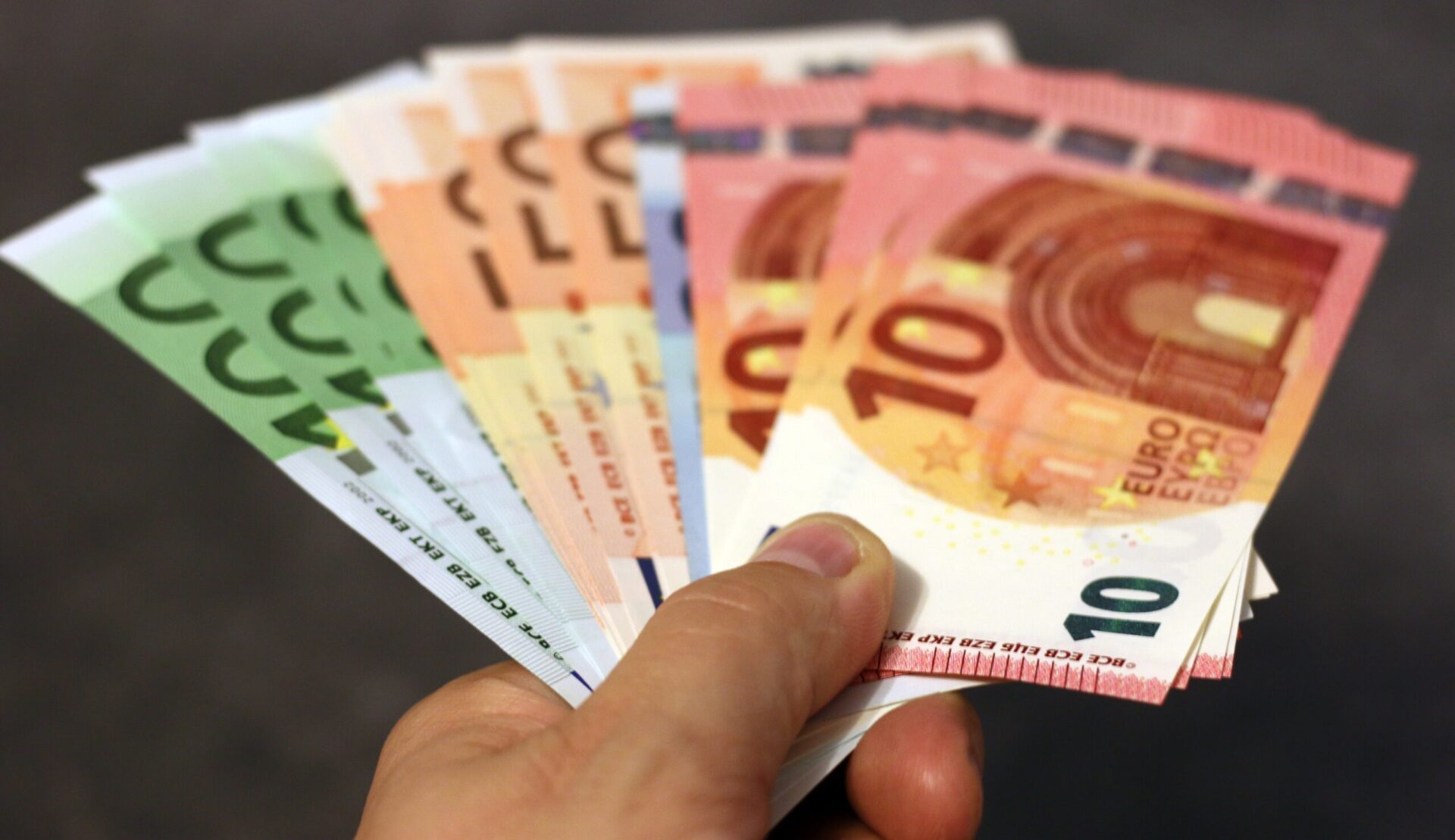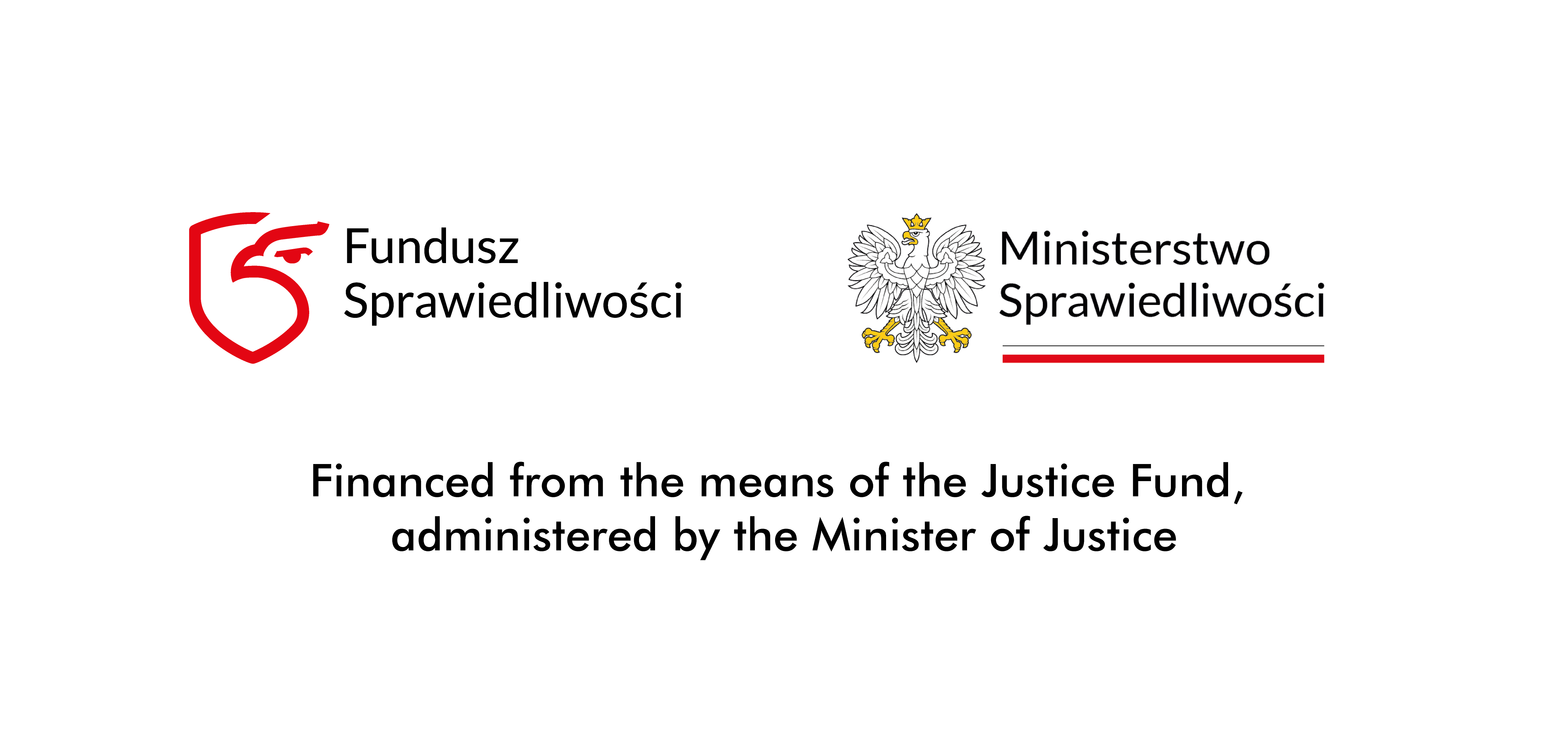The Euro-mistake: Why we shouldn’t adopt a common currency

“The rationale is simple – the euro, according to the principles of economics, can be a single currency when the whole area has equal potential, that is, the same as Germany” – says Zbigniew Krysiak, a professor of finance at the Warsaw School of Economics.
On January 1st of this year, Croatia joined the eurozone. The Bulgarians and Romanians also want to be part of it in the coming years. In connection with this, the discussion about adopting a common currency has heated up again in Poland. Should our country follow the path of Croatia?
Prof. Zbigniew Krysiak: Absolutely not. Besides, Croatia should not be joining it either. The rationale is simple – the euro, according to the principles of economics, can be a single currency when the whole area has equal potential, that is, the same as Germany. Here such a situation does not exist. Even the Italians and the French are losing in relation to Germany. In Croatia, the negative consequences of adopting the single currency can already be seen. Overnight there has been an overvaluation of assets. This means not only an increase in prices, but also a spike in the assets held. This is the effect of introducing a common currency when there is no balance of potentials. It cannot be counted solely by GDP per capita, because this is a very misleading measure, as can be seen, for example, in African countries.
Karol Gac: You mention economic asymmetry in the European Union. Indeed, both the EU and the Eurozone are strongly differentiated. You co-authored a report on the economic balance sheet of Poland’s EU membership. It is probably worth remembering that what is profitable for Germany may not be profitable for the countries of Central and Eastern Europe? Especially since it is Germany that benefits most from the current shape of the EU and the eurozone.
The purpose of the report, which I prepared together with Prof. Tomasz Grosse, was to show the economic imbalance of the European Union, i.e. the unequal distribution of profits. The economic model of the EU must be changed so that it is not the case that the common market benefits mainly Germany or the Netherlands, and much less other countries. The current economic model is inefficient. Ultimately, it also harms the EU itself, as it ceases to be competitive with the rest of the world. This can already be seen when we look, for example, at the banking sector in Germany, which is the least profitable. Similarly, the financial sector in relation to other countries. It can be said that the worse functioning of the banking system in Germany results in worse functioning of small and medium-sized enterprises, which is very much emphasized at the moment by various business associations in Germany. The pressure or even capital aggression towards countries such as Poland, Romania, or Slovakia is due to the fact that German companies have very little earning space in their own country, so their profits are not the result of a well-functioning domestic economy, but of other countries’ explorations.
What effect does this have on the European Union?
Negative. A few years ago, a German think-tank commissioned by the EC prepared a report, and everyone expected it to be favorable to the Germans. Meanwhile, the report showed that only Germany and the Netherlands gained from the eurozone, while everyone else lost. For example, in the case of France or Italy, the losses were on the order of 2-3 budgets. Germany has about 70% of the EU’s export-import surplus, and they accumulate it. They collect the cream of it. This is because, as it were, they buy from Poland at lower prices, meaning our margin is small, and then these semi-finished products are attached to finished goods and a high margin is set. These products are sold to third markets, and Germany makes money.
Poland’s entry into the EU has given us economic development, but this development should be symmetrical. If we work together on a given project, it cannot be that some benefit 100%, others 80%, and we only 20%. Nominally, Poland has developed, but our households have gained incomparably less than Western companies. Similar results were presented by the European Commission. In its analysis, it showed the per capita benefits for each country. In the period since joining the EU, on average a Pole increased his capital resources by EUR 10,000, a German by EUR 35,000, a Frenchman by EUR 42,000, and a Dutchman by as much as EUR 88,000. This means that we will never catch up with Germany or the Netherlands, so the economic model of the EU must be radically changed. This is what the European Community is for, so that there would be convergence, i.e. equalization of economic potentials of individual member states. The most important thing for citizens is that a Polish household in its capital resources (real estate, stocks, bonds, cash) should be similar to that of Germany. This is a reliable result, which is not reflected in the GDP comparison alone.
We were keen to make a wake-up call to officials in Brussels and leaders of other countries so they would come to their senses, because an economy run in this manner will create serious problems with poverty zones down the road. High unemployment in Spain and autonomy problems in France, are prime examples.

Let’s return to Poland and our currency. What does the zloty give us? How important is the national currency?
First, one’s own currency is worth comparing to a barometer that measures economic potential. It is not only an instrument for exchanging goods, but its key importance lies in the fact that it measures dynamics and prices economic potential. The introduction of the euro would make us get rid of this barometer, because the euro is such an indicator only for the German economy. In other countries, it simply does not do so. If we have our own currency, within the framework of import-export transactions, its exchange rate is determined by market mechanisms. The exchange rate of the zloty is not influenced, so it gives us a proper determination of the exchange parity, which is very important.
For example, if there are symptoms of recession in Germany, and thus inflation rises, then our exports become more attractive. The mechanism I mentioned works in such a way that interest rates are linked to the exchange rate. Our central bank has the autonomy to set interest rates, making the exchange rate stable. In Poland’s euro situation, we would not have the power to shape interest rates, in which case our exchange rate would worsen the parity of goods in exports. Our economy with its own currency is more resilient, better and benefits from it, and if we had the euro, interest rates are decided by the European Central Bank. In such a situation, they are set so that the parity in the exchange of goods and services is most favorable to Germany. That is, we would always be in a less competitive position, with the result that we would never be able to catch up with the potential of the German economy.
The ECB’s setting of interest rates can lead to far-reaching consequences, as we saw a few months ago when, for example, the Baltic states were struggling with very high inflation and the ECB delayed raising rates.
This is true. If we had the euro now, our inflation would be at the level of the Baltics. It would probably be even higher because of the scale of our economy. Secondly, the ECB, governed by the Germans, adjusted interest rates to the interest of the German economy. Such a policy caused inflation to go high in both Germany and the Netherlands, so that there was a transfer of imported products to Poland, for example, and consequently there was an increase in inflation in countries that benefited from their imports. A good reference point is the United States, which raised interest rates very quickly, resulting in a rapid stabilization of inflation and its reduction. The ideological management of the ECB, influenced by German interests, leads in the long term to unfavorable phenomena for the German economy itself. If we have recessionary phenomena in Germany, or other Eurozone countries, they will be largely the result of inappropriate monetary policy. Tackling inflation more quickly, such as in Poland, where we have stabilized it, leading to reduced wage pressures, would be desirable. However, we are seeing a “spoiling” of money and the economy. One could half-jokingly say that we are dealing with the displacement of a better currency by an inferior one, namely the euro. In Croatia, this has led to a deterioration of the economy and an increase in inflation. The displacement of currency in countries that do not have the potential equal to Germany is the displacement of a better currency. We would have the same thing as Croatia.
The arguments against joining the eurozone are many. They have different facets – economic, political, social. How do you look at the arguments of Eurozone supporters?
In the whole narrative of the opposition, or supporters of the euro, there is an argument that is outdated and least important of all, concerning the lack of need for currency exchange. This argument was valid many years ago, when the euro was introduced and there was no developed electronic payment system. At that time, it was indeed cumbersome to exchange currency, but today this argument has no validity. We can pay anywhere by card and it is not a big problem. There is also the argument that if we had the euro inflation in Poland would not be at such a high level. The war in Ukraine has shown that this is not the case. The significant difference in economic potential has shown that where it is low, inflation is high. It has not even dodged Germany. Arguments are also given that this increases the strength of the economy, but this is absolutely not true. The opposite is true – the strength of the economy would decrease. It is also worth noting that in extreme and crisis conditions, production, and therefore potential, is reduced. If we were to introduce the euro, and the whole mechanism would look similar, it would lead to a change in economic differentiation. If we have our own currency, there is no such risk. This factor is important because having our own currency allows us to rebuild our own economy after a crisis. Even if there is a destruction of the economy, having one’s own currency makes it easier to start the reconstruction processes. In conclusion, it can be said that it is the supporters of the introduction of the euro, have no substantive arguments.

At the same time, there was also a discussion about the abolition of cash circulation. This, among other things, is the aftermath of one of the statements made by Poland 2050 leader Szymon Holownia. How do you look at this process and attempts to abolish cash circulation?
This is definitely the wrong direction and thinking. A variety of exchange instruments is needed in commercial transactions. We have cash, wire transfers, bills of exchange, checks, and other forms of payment. Monopolization means that such an instrument can be immobilized. It is easy to imagine, for example, paralysis for technical reasons, or a cyberattack. What is the best solution in such a case? Converting to digital money would make de facto ownership impossible. If I wanted to keep, for example, money in a safe, it would not be possible. One of the features of property is the possibility of disposing of it. In this case, that would be missing. In addition, as part of the ideological transition, we could imagine a situation where we would freeze money in digital accounts. This would be a radical restriction of our property. The goal of the Spinellian state pursued by Germany was to establish the needs of the citizen and keep them at a level where they could function. Creating digital money would be the first step towards such a scenario. Today, we can observe the aspirations of many to create a superstate, and later, perhaps, an attempt to take away property. It is necessary to clearly distinguish between these intentions to avoid mistakes. In time, we will have various restrictions, and it would be difficult to back out of them. One of the factors to facilitate this process is the introduction of a common currency. It’s a mechanism for creating a superstate, because it concentrates various attributes of power in a centralized arrangement.
Prof. Zbigniew Krysiak is a professor of finance at the Warsaw School of Economics and the author of more than 140 publications and more than 100 scientific reviews. He is also Chairman of the Program Council of the Schuman Institute, which promotes and implements the ideas of the Servant of God Robert Schuman into social life




